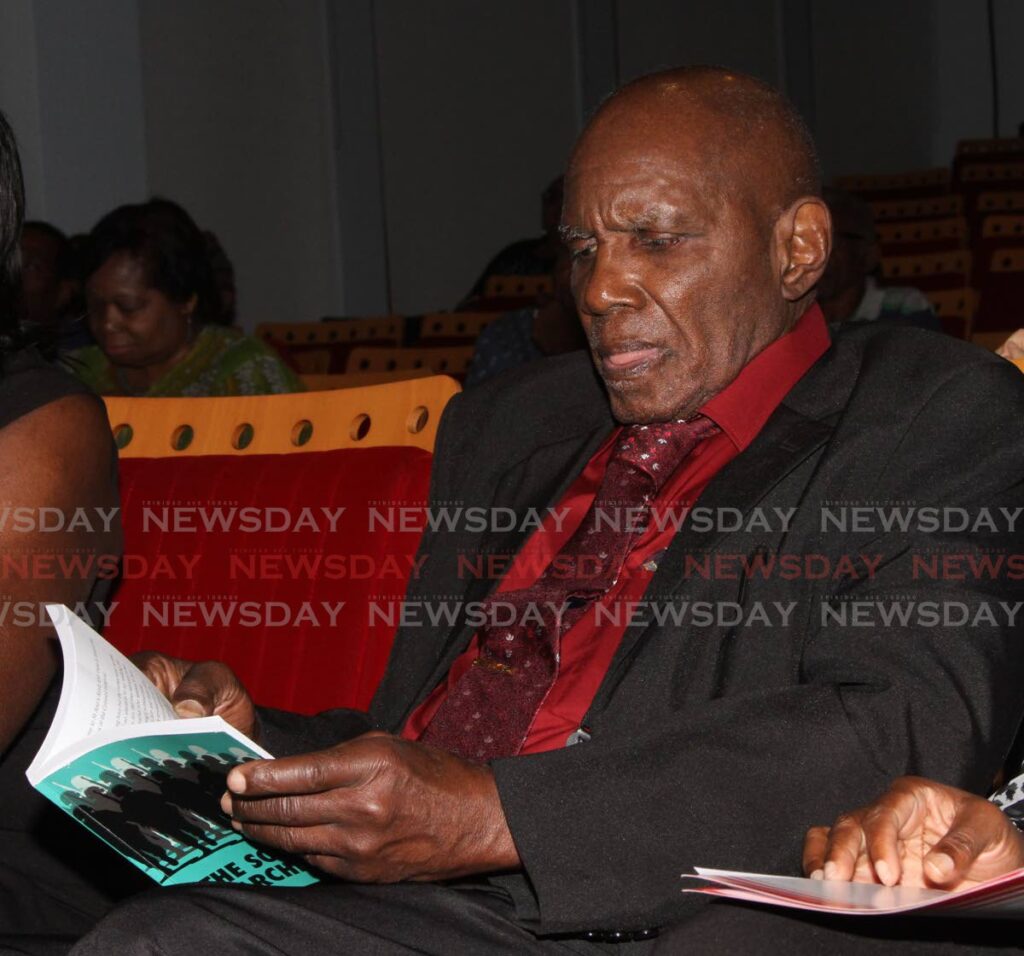Lover of his native land

WHEN MICHAEL Anthony died last week, it was not entirely unexpected. Mr Anthony was in his 90s and had been ailing. But word of his death still shocked the country, because he had been a fixture of its literary firmament for so long.
That longevity alone testifies to something positive and important when it comes to his contribution to the shaping of TT, if only through his writerly example. His was a career that accrued meaning by straddling key post-colonial transitions.
Today we have a somewhat clearer sense of possibility when it comes to being a writer in the Caribbean. Globalisation has brought access, technological advances have improved travel, computers have replaced typewriters, the internet has built bridges, and myriad organisations connect writers, publishers and readers from all over the globe.
But Mr Anthony, who was born in Mayaro, came before all that.
“If anybody asked me, ‘What do you want to be when you grow up?’ I would have said a writer,” he said in an interview. “But I honestly didn’t feel I would be anything.
“Mayaro was like a backwater. We had one library there, and the library had one book.”
The book was enough. Mr Anthony sailed to England in 1954, on the prompting of a friend, who greeted him armed with the gift of a winter coat. The next day, they went to Regent Street, London, and got a typewriter, a Remington Rand, another gift the writer kept right until the end.
Mr Anthony was lucky to keep good friends. That he died in the same month in which the life and death of VS Naipaul is annually commemorated is a neat coincidence, given Sir Vidia’s role in his early career. The fellow Trinidadian took on stories from Mr Anthony while presenting the BBC’s Caribbean Voices programme, and paved the way for a publisher to publish his first books.
Both Trinidadians went on to write, in prolific fashion over lifetimes, about their fatherland. But that is where the kinship ended.
Sir Vidia went on to a very international career, culminating in the Nobel Prize in 2001; Mr Anthony returned home and sometimes endured periods of being out of print until local publishers like Gérard Besson’s Paria Publishing returned some of his books to shelves in the 1980s.
Another difference was attitude. The glowing titles of Mr Anthony’s books – The Games Were Coming, The Year in San Fernando, Cricket in the Road, Green Days by the River – tell their own story, betraying his deep feeling for his native land, even with its complex, passionate intersections which he often sought to explore.
It is fair to say his career was, ultimately, a prime example of a home-grown love letter to Trinidad.


Comments
"Lover of his native land"